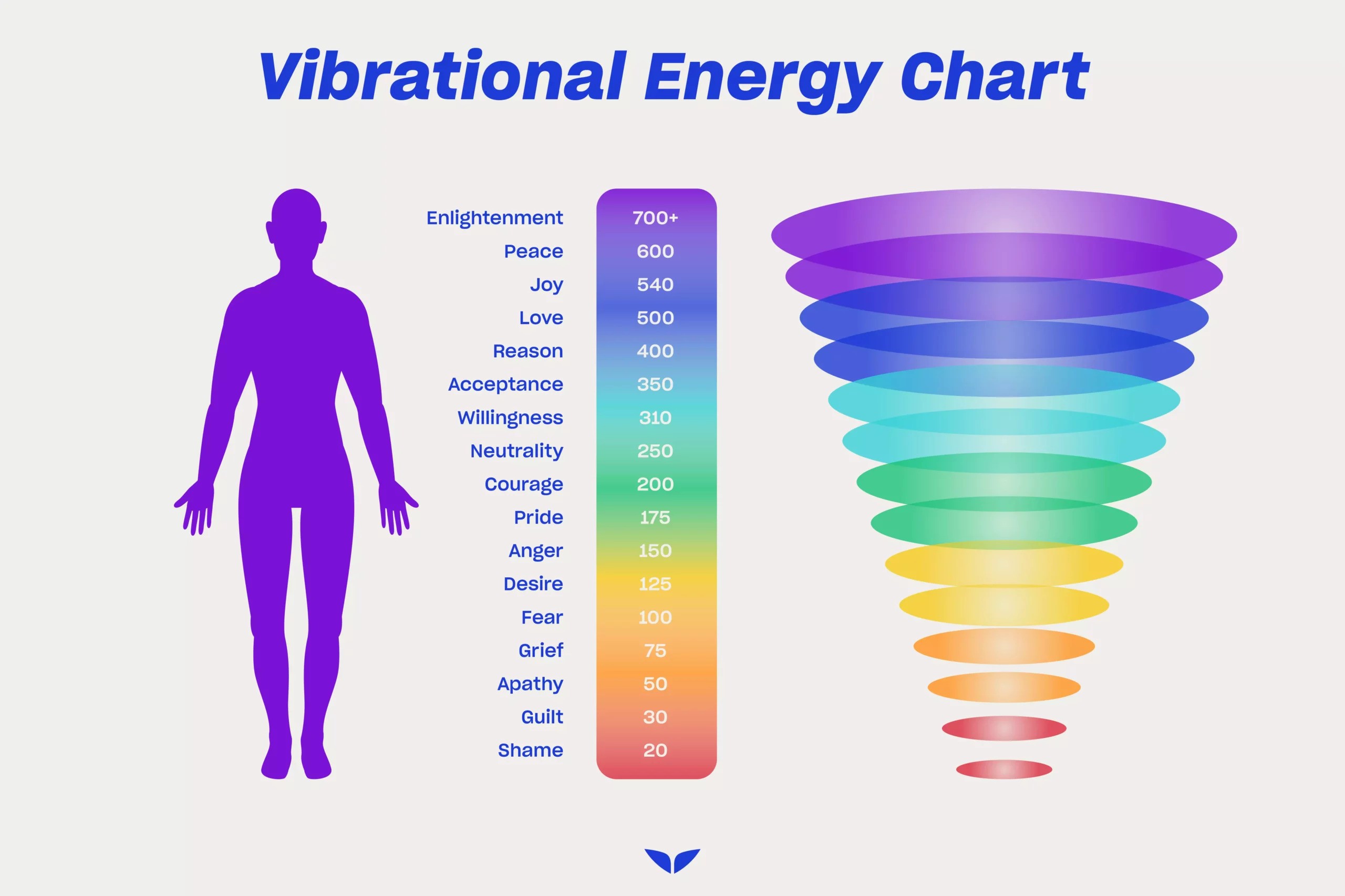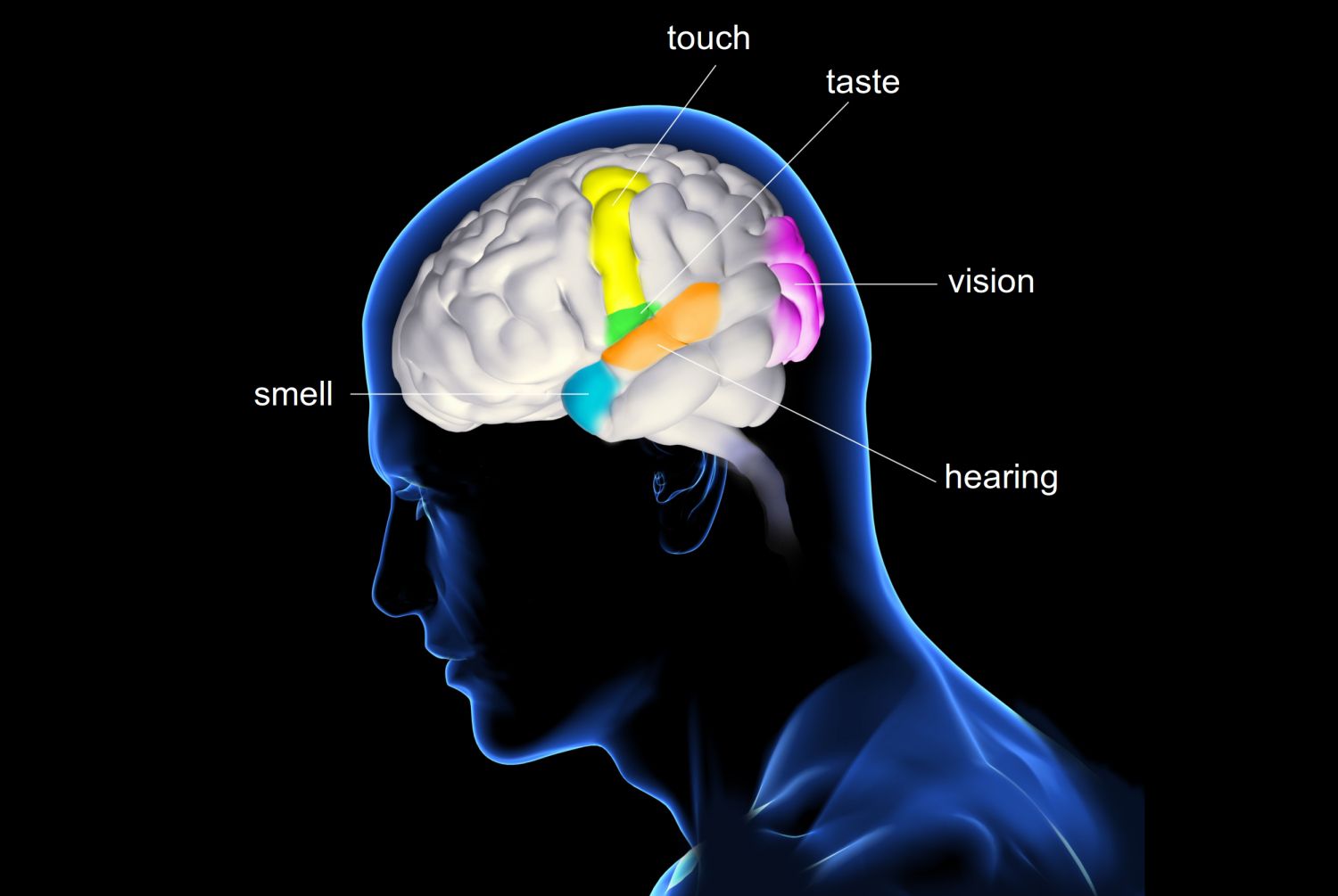Meditation Benefits On Brain
Neuroplasticity can cause physical changes in the brain as a result of mindful meditation.
This popular concept relates to the brain's ability to reorganize and evolve throughout time. The brain is heavily influenced by behavior and lifestyle. As a result of your daily activities, your brain is continually forming new neural connections. Because neurons (nerve cells) actively adjust to changes in your environment, this is the case.
According to studies, changing the form of your brain, including increasing gray matter volume, takes only eight weeks. Gray matter is made up of the majority of the neuronal cell bodies in your brain and is present in your central nervous system. This type of tissue is very crucial in regions where muscle control, sensory perception, emotion, memory, decision-making, and self-regulation are all involved.
As the density of gray matter changes, neuroplasticity allows you to form and improve connections between neurons. In just a few minutes per day, you can effectively modify your brain.
Meditation Benefits On Brain
For several years, new studies on meditation and the brain have been slowly coming out, with fresh studies almost every week demonstrating some new benefits of meditation. Or, more accurately, some ancient advantage that has only recently been proven using fMRI or EEG. From increases in grey matter volume to lower activity in the brain's "me" centers to improved connectivity between brain regions, the practice appears to have a wide range of neurological advantages.
The benefits listed here are some of the most interesting in recent years, demonstrating that meditation does generate significant changes in our most vital organs.
1. Better focus and concentration
Mindfulness meditation allows you to focus on the present moment, which might help you concentrate better on other things throughout your day.
A 2011 Harvard Medical School study looked into the effects of mindfulness meditation on the brain and discovered a link between mindfulness and the processing of new information.
The researchers looked at 17 people's brains before and after they completed an eight-week meditation program. According to brain scans, gray matter expanded in areas of the brain that are critical for learning, memory, and emotional control.
Furthermore, researchers from Carnegie Mellon University revealed how mindfulness meditation might increase concentration and decision-making in a 2016 study.
The participants in the study were 35 unemployed persons looking for work. The first group did a three-day relaxation program that did not include mindfulness meditation, while the second group did three days of mindfulness meditation. For the meditation group, brain scans before and after showed an increase in the connection among areas of the brain that control attention.
2. Reduces stress
People meditate for a variety of reasons, one of which is to relieve stress. According to one study, meditation is effective at relieving stress. The stress hormone cortisol is normally elevated in response to mental and physical stress. Many of the negative effects of stress are caused by this, such as the release of inflammatory molecules called cytokines.
These side effects can include sleep disturbances, induce melancholy and anxiety, raise blood pressure, and cause exhaustion and foggy thinking. In an 8-week study, a meditation approach known as "mindfulness meditation" was found to reduce the stress-induced inflammatory response.
3. Manage anxiety or depression
Mindfulness meditation trains your mind to focus on the present now, making you less likely to obsess over negative ideas, which can worsen depression.
Meditation may reduce anxiety, according to a meta-analysis including nearly 1,300 adults. This effect was most noticeable in people who had the highest levels of anxiety.
In addition, one study found that 8 weeks of mindfulness meditation reduced anxiety symptoms, increased positive self-statements, and improved stress reactivity and coping in persons with generalized anxiety disorder.
Another study found that following an 8-week meditation program improved depression, anxiety, and pain over the course of a year in 47 persons with chronic pain.
4. Promotes emotional health
Some types of meditation can help you feel better about yourself and have a more optimistic attitude on life.
For example, mindfulness meditation was proven to reduce symptoms of depression in a study of more than 3,500 adults.
Similarly, a review of 18 research found that patients who received meditation therapy had fewer depressive symptoms than those in a control group.
5. Enhances self-awareness
Some forms of meditation can assist you in gaining a deeper understanding of yourself and achieving your full potential.
Consciousness meditation, for example, is designed to help you gain a better understanding of yourself and how you interact with others.
Other types teach you how to recognize potentially harmful or self-defeating ideas. The idea is that by being more aware of your thought patterns, you may retrain them to be more beneficial.
6. Improve self-esteem
Mindfulness meditation enables you to slow down, allowing for more in-depth self-reflection and can assist you in discovering positive aspects of yourself.
According to Stanford University researchers, mindfulness meditation can benefit those with social anxiety in particular. In a 2009 study published in the Journal of Cognitive Psychotherapy, 14 people with social anxiety disorder took part in a two-month meditation program and reported lower anxiety and higher self-esteem after finishing it.
7. May help fight addictions
According to Davidson, meditation can modify brain receptors linked to drug and alcohol addiction, potentially reducing cravings for these substances. Additionally, mindfulness meditation may assist you in becoming more aware of and managing your cravings.
According to a 2018 study published in Substance Abuse and Rehabilitation, mindfulness training can assist persons with substance use disorders to avoid future relapses by producing a therapeutic impact that helps regulate how the brain senses pleasure.
8. Make you more kind or loving
Some styles of meditation can help you feel and act more positively toward yourself and others.
Metta, also known as loving-kindness meditation, is a style of meditation that starts with creating nice thoughts and sentiments toward yourself.
People learn to extend this love and forgiveness to others, starting with friends, then acquaintances, and finally enemies, through practice.
The ability of this type of meditation to raise people's compassion toward themselves and others was proved in a meta-analysis of 22 studies on the subject.
These benefits were dose-dependent, according to a study of 100 adults who were randomly allocated to a program that included loving-kindness meditation.
9. May reduce age-related memory loss
Improvements in attention and clarity of thought may aid in the preservation of mental youth.
Kirtan Kriya is a type of meditation that combines a mantra or chant with a repetitive finger gesture to help you concentrate. It has been proven in studies that it enhances performance on neuropsychological tests in adults with age-related memory decline.
Furthermore, preliminary evidence suggests that various meditation approaches can improve attention, memory, and mental speed in older volunteers, according to a review.
10. Can decrease blood pressure
Meditation can also help with physical health by reducing stress on the heart.
High blood pressure makes it difficult for the heart to pump blood, which can lead to poor cardiac function over time. High blood pressure can also cause atherosclerosis, or artery narrowing, which can lead to heart attack and stroke.
Meditation was found to help lower blood pressure in a meta-analysis of 12 research with approximately 1000 individuals. This was more beneficial in older individuals and those who had previously had high blood pressure.
11. Improves sleep
Nearly half of the population will have insomnia at some point in their lives.
One study evaluated mindfulness-based meditation programs and discovered that persons who meditated stayed slept longer and had less severe insomnia than those who did not meditate.
Learning to meditate can help you manage or divert your racing or racing thoughts, which can lead to sleeplessness.
It can also help you relax, reducing stress and putting you in a serene state where you're more likely to fall asleep.
12. Lengthens attention span
For your attention span, meditation with concentrated concentration is equivalent to weight lifting. It promotes the growth of attention strength and endurance.
People who listened to a meditation CD, for example, had better attention and accuracy while performing a task than those in a control group, according to one study.
13. Helps control pain
Your pain perception is linked to your mental state, and it can be heightened in stressful situations.
According to some studies, including meditation in your daily practice may help you manage discomfort.
One evaluation of 38 studies found that mindfulness meditation can help persons with chronic pain reduce discomfort, enhance the quality of life, and minimize depression symptoms.
14. Meditation can help you make better decisions.
There's a reason why high-powered executives use meditation to help them perform better at work. According to research, both mindfulness meditation and Transcendental Meditation improve the functioning of your brain's decision-making areas, allowing you to make better judgments. Give meditation a try if you want to start growing your inner executive.
15. Meditation may cause changes in the volume of certain brain areas.
Sara Lazar and her Harvard colleagues discovered in 2011 that mindfulness meditation can modify the structure of the brain: The hippocampus, which governs learning and memory, and particular parts of the brain that play roles in emotion regulation and self-referential processing were shown to have increased cortical thickness after eight weeks of Mindfulness-Based Stress Reduction (MBSR).
There were also reductions in brain cell volume in the amygdala, which is responsible for fear, anxiety, and stress – and these changes matched the participants' self-reported stress levels, demonstrating that meditation alters not only the brain but also our subjective perception and feelings.
Conclusion
Meditation can help everyone enhance their mental and emotional well-being. It is possible to accomplish it without any special equipment or memberships, and it may be done anywhere. On the other side, meditation programs and support groups are easily available.
There are a variety of styles to pick from, each with its own set of benefits and drawbacks.
Meditation has a variety of health benefits, including physical, mental, and emotional ones. You should give it a try to see whether it's good for you if you want to increase your attention, reduce stress, or deal with addiction, depression, or chronic pain.



